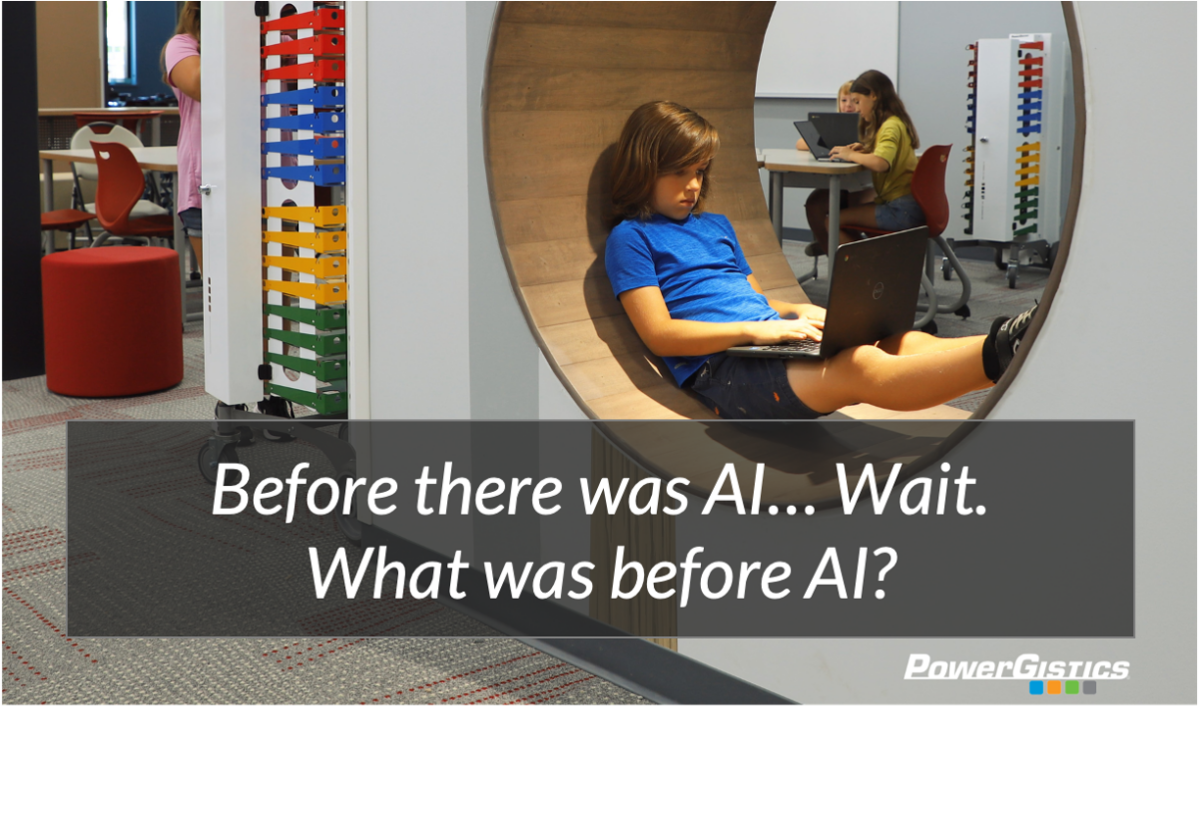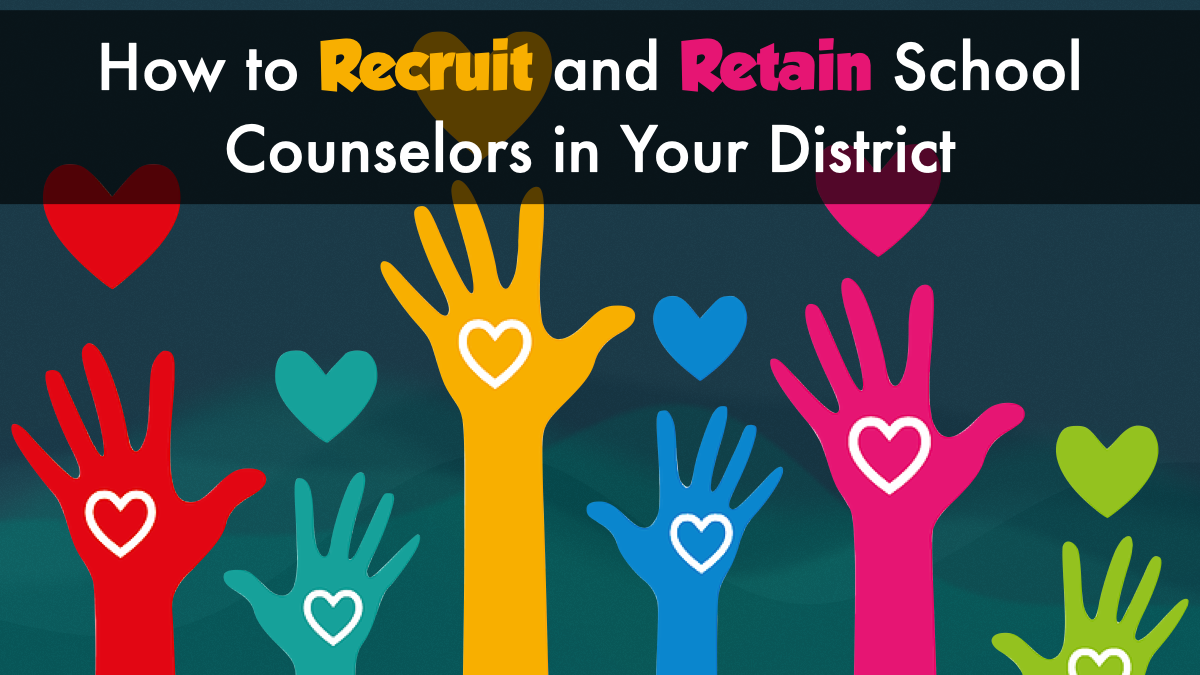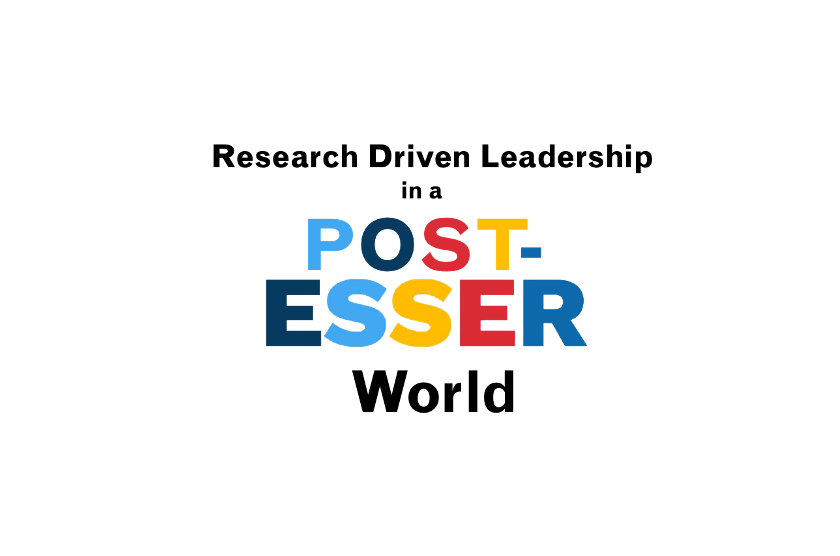Safe and Professional Social Media for K12 Educators in 2022

As a K12 educator, you know that social media can be a complicated space. You want to reach out to colleagues and collaborate, but you don’t want to risk undue criticism from your learning community. That’s where K12Leaders.com comes in! We create a safe, professional space for educators, staff, and administrators to share and network with one another. Here, you can ask sincere questions and find new points of view from other districts. So come on in and join the conversation!
Traditional social media is a complicated space for K12 educators, and this has became all-too-clear over the last 2 years while schools and teachers struggled to communicate with families and students. Still, while many stakeholders expect teachers, principals, and superintendents to have a public presence on Facebook, Twitter, or LinkedIn, it is often tricky for educators to know what to share and how to avoid undue criticism. Even in less politically charged times, how might a teacher or principal reach out to colleagues with a sincere question when that question might be misread by a parent in their district? How can educators collaborate within their own school, or look for new points of view from other districts? K12Leaders.com creates a safe, professional space for educators, staff, and administrators to share, network, and collaborate.
What educators need in a social media platform.
Privacy- Educators need to ensure their personal information is protected, and will not be “sold” or misused.
Focus- With information overload as a major concern, having a space that’s dedicated to K12 education helps ensure online engagement is both enjoyable and productive.
Community- Finding specific groups and discussion forums is essential for everyone in the schoolhouse. Sharing ideas within a local educational community, or more broadly across district or state lines, is a key part of learning and growing as an educator. And, even more? Knowing you are participating in a community that has shared values and principles often makes it easier for people to be more candid and honest in their interactions.
Flexibility- Being able to post and share content in multiple formats just makes it easier for educators to get involved. Having the option to share short posts, discussions, advice, multi-media, long-form blogs, events, and polls helps ensure everyone can have a voice in the discussion.
Professional Advancement- We know from a survey we conducted this winter that 2 of the largest stresses on teachers this past year were the ongoing requirements for professional learning coupled with perceived limits on their professional advancement. Helping make that connection between an educator’s hard-work and opportunities for career advancement can be a significant motivator for engagement.
What social media platforms are safe and appropriate for K12 educators to use professionally?
Twitter is widely considered to be one of the most popular social media platforms among educators. Not only is it a great way to connect with other professionals, but it also provides a wealth of resources and information. Twitter is also generally considered to be fairly safe and appropriate for K12 educators to use professionally. Of course, as with any social media platform, there are some downsides associated with Twitter.
In a 2017 survey conducted by Rutgers University, educators cited a number of concerns. The top concerns included personal privacy, information overload, and the character limit. Privacy was by far the most common concern, with nearly 60% of respondents expressing some level of worry about how their personal information was being used. Information overload was also a significant issue, with 42% of respondents saying they felt bombarded by the constant stream of Tweets. And finally, the 140-character limit (now 280) was seen as a hindrance by 38% of those surveyed.
Another downside for some educators is the fact that many students are on Twitter as well. This can be great if a teacher is posting homework reminders and upcoming fundraisers, but if a teacher is seeking advice for classroom management, they may not want to do so in front of those same students.
LinkedIn is often thought of as the social media platform for professionals, and for good reason. LinkedIn is an excellent platform for business professionals to connect with other corporate connections in their field, share resources, and build their professional network. LinkedIn also has a number of groups specifically for educators, where members can discuss best practices, exchange resources, and find job opportunities.
However, LinkedIn’s focus on business and corporate users means it doesn’t have the specific features that would make it a valuable resource for educators. Groups and Learning are two areas where LinkedIn falls short for educators. LinkedIn Groups are typically focused on business topics, and don’t offer the same kind of support and discussion that can be found in education-focused groups on other social networking sites. Similarly, LinkedIn Learning is geared towards helping users develop job-related skills, and doesn’t offer the same kind of resources that would be useful for educators. As a result, LinkedIn is not as well-suited for educators as it could be. To top it off, educators find themselves to be continuous targets of solution providers who send unsolicited, direct messages about purchasing products.
Facebook’s strength comes from its roots as a way to stay connected with friends. With the vast number of parents on the platform, however, it is often a struggle for K12 teachers and staff to manage their connections, and it’s very easy for any post to become a lightning rod for controversy. While the site has robust group functions, it doesn’t have the breadth of professional offerings that LinkedIn does. For example, Facebook groups can be great for organizing volunteers or sharing resources among colleagues, but they lack features like dedicated project spaces and collaboration tools that are essential for effective collaboration. As a result, Facebook is often seen as more of a personal social platform, and LinkedIn is seen as the better option for corporate networking.
Facebook comes with the added challenge of navigating many distractions. Notifications, messages, suggested content and advertisements of a non-educational nature can quickly derail the original purpose of a visit. It’s like going to Wal-Mart with the intention of buying masking tape, and coming out an hour later with 3 bags full of merchandise.
K12Leaders is a social media platform created specifically for K12 educators. It provides a safe and secure environment for members to connect with each other and share resources. K12Leaders also offers a range of tools and features allowing educators to collaborate and communicate effectively. As a result, K12Leaders is an ideal platform for K12 educators to use professionally.
While each of the traditional social media platforms have developed a following among K12 educators, none have really addressed their specific professional needs. K12Leaders is designed specifically to support educators, and to help them connect, learn, and develop professionally. We know education is a social activity; and just like a classroom, having a safe space focused on learning and collaboration is often the most effective environment.
One of the many ways K12Leaders creates an effective environment is to actively discourage “trolling” and spam by requiring multiple online reference points like current employer, role, and other social profiles. They then manually verify not just who wants to join the community, but also what role they play in supporting education. It is quickly becoming a robust Education Network
K12Leaders fills a much-needed niche in the social networking world for educators. With its secure platform and focus on professional collaboration, it is the perfect place for educators to connect with one another and share ideas. If you are dedicated to improving K12 education, visit K12Leaders.com and see if it’s a good fit for you.
Michael Bronder, CEO and Co-Founder
Suzy Brooks, Editorial Director and Co-Founder
Recommend0 recommendationsPublished in Leadership Voices






Responses